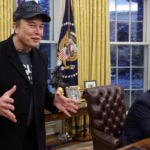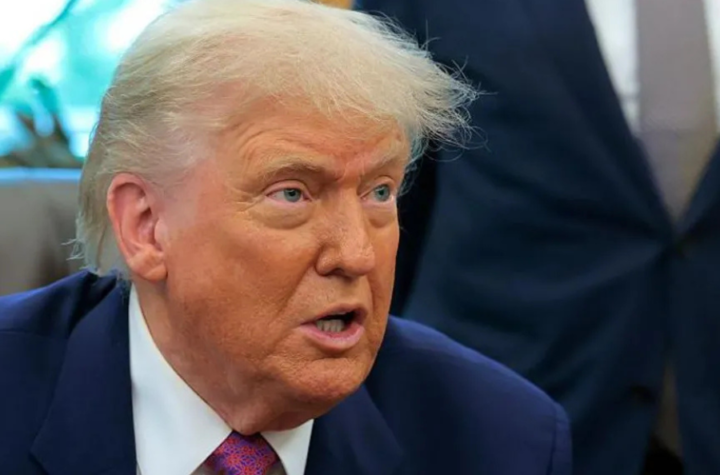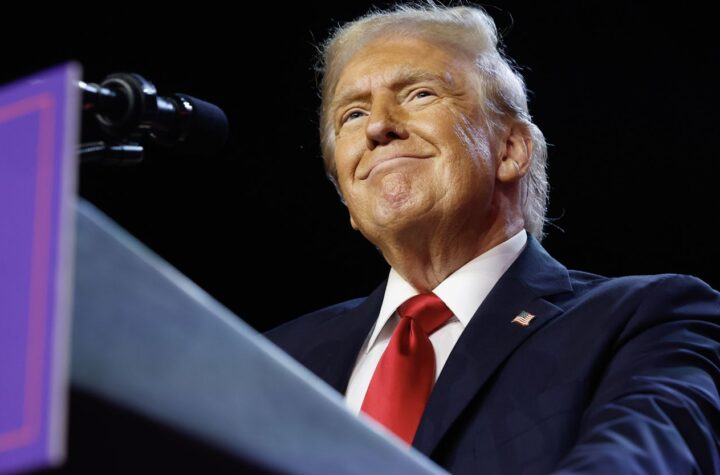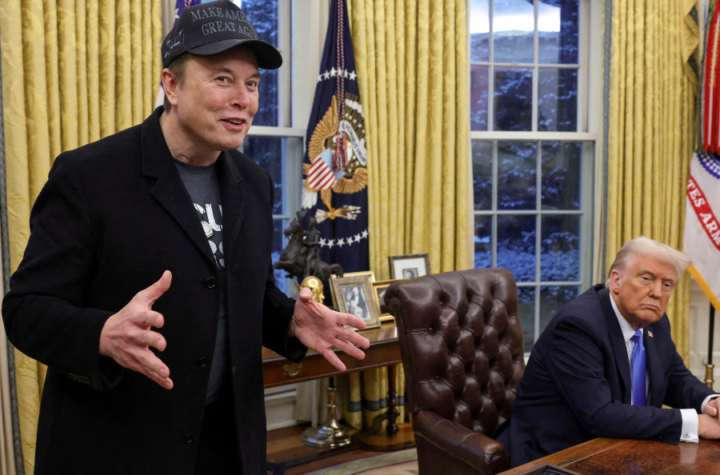TikTok has been blocked from official phones and gadgets by governments and institutions all over the world for the past few months.
The Netherlands and Norway have joined the list of nations that forbid ByteDance, a video-sharing software from a Chinese firm, from being used on equipment provided by the government.
France is the newest nation to limit access for officials to TikTok, despite the company’s claims that it is independently controlled and does not share user data with the Chinese government.
It has also made history by becoming the first nation to implement the same policy for all “recreational” apps, such as Candy Crush, Netflix, Twitter, and Instagram. Almost 2.5 million government employees will be impacted by the restriction, which is being overseen by France’s cyber-security agency.
According to Civil Service Minister Stanislas Guerini, recreational applications do not provide acceptable levels of data protection and cyber security for use with the administration’s digital instruments. Hence these applications may pose a risk to the governments’ and their public officials’” data protection. Nonetheless, exceptions could be made for “institutional communication” needs.
In contrast to the rest of the West, France appears to share a similar perspective on Chinese and American technological enterprises. That is not the first time that the US and France have clashed over technology, though.
A digital services tax was adopted by France in 2019 amid fears of reprisal from the US, which said it unjustly singled out American tech firms like Google and Facebook. And since 2018, France has been outspoken in its opposition to the US Cloud Act, which empowers “American law enforcement” to ask for data stored by the majority of major cloud providers, even if it is located outside the US.
France has a prominent voice in the Gaia-X project, which was created to address the conflict between the “US Cloud Act” and the EU “General Data Protection Regulation (GDPR),” establish “European cloud standards,” guarantee that customer data is stored and analysed in Europe, and make it “resistant” to non-European laws.











More Stories
South Korea imposes a ban on new downloads of DeepSeek AI
Australia bans DeepSeek on government devices due to security concerns
LinkedIn faces accusations of using private messages to train AI